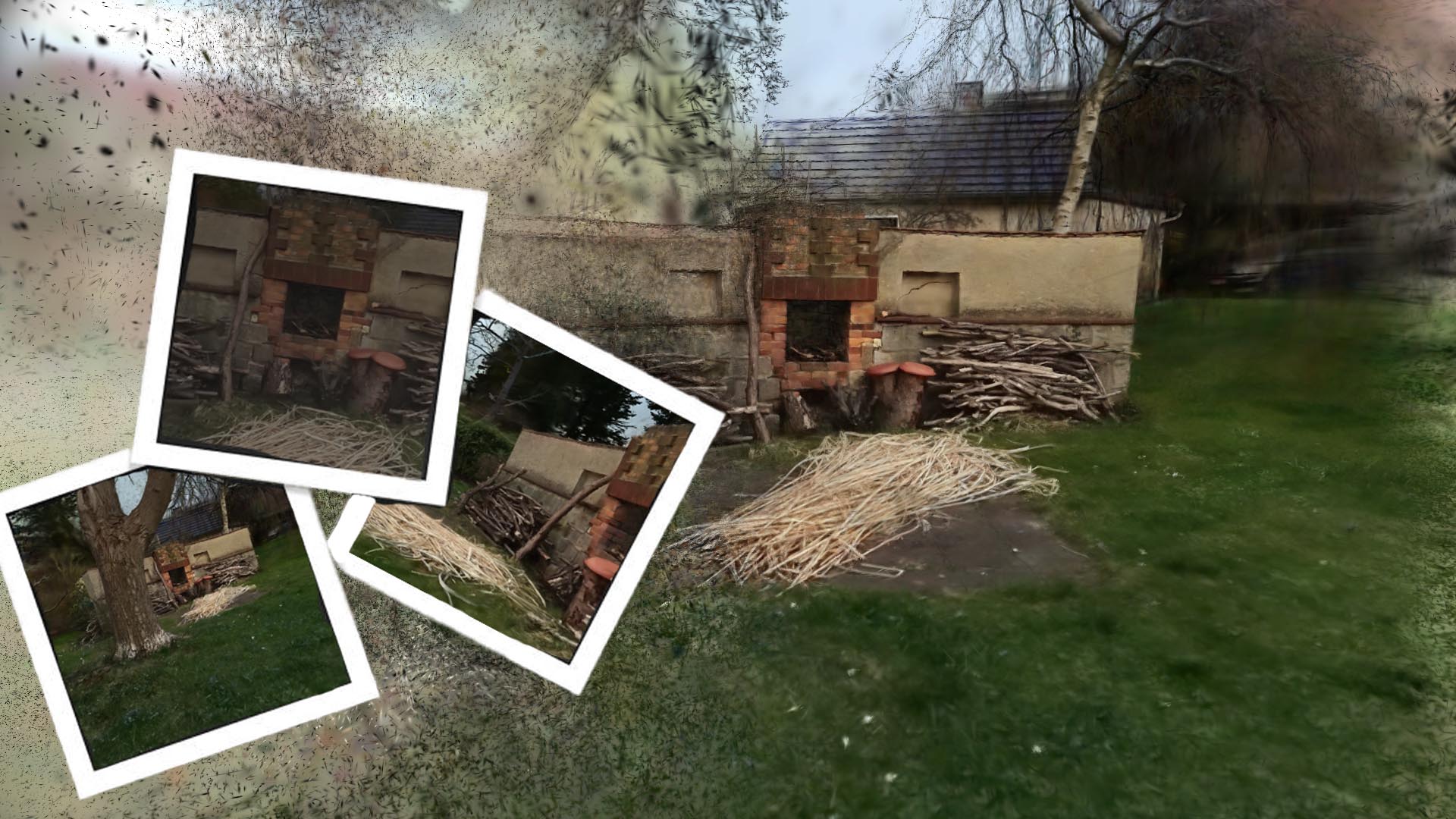

Michael Rubloff
Sep 29, 2025
KIRI Engine has rolled out Version 4 of its Blender add on for gaussian splatting and this release brings the tool closer to being something you can actually work with inside a familiar 3D package. Earlier versions gave Blender basic support for splats, but this update includes more structure around editing and rendering, making splats feel less like foreign objects inside Blender. While the add on should be compatible with earlier versions, the KIRI Engine team recommends using the latest 4.5.
The update adds options for importing .ply files as either vertices (better for performance) or faces (handy if you need vertex painting). By default, the add on will generate a proxy object for rendering, which is what makes splats editable and viewable in real time. If that proxy gets lost, there’s now a quick way to regenerate it.
It’s a small change, but it solves a pain point from earlier builds where moving between edit and render modes could feel clunky. Once imported, scans can be cleaned up directly with Blender’s native selection tools, including deleting background noise, trimming extraneous points, and updating on the fly in render mode. The add on also lets you toggle different visualization states (point cloud, face-aligned, rendered object), making it easier to keep track of what’s happening.
Users can now output stills or animations, including color and depth passes, and even composite splats alongside Blender’s native mesh objects. In the tutorial, a scan of a warrior was composited with a Sketchfab tank model, which shows how the add on is starting to bridge 3DGS capture and traditional asset pipelines.
Version 4 doesn’t suddenly make Blender the perfect home for splats, but it does chip away at the barriers. It additionally comes with an Apache 2.0 license, making it available for commercial use. The add on can be accessed for free through GitHub or SuperHive.







